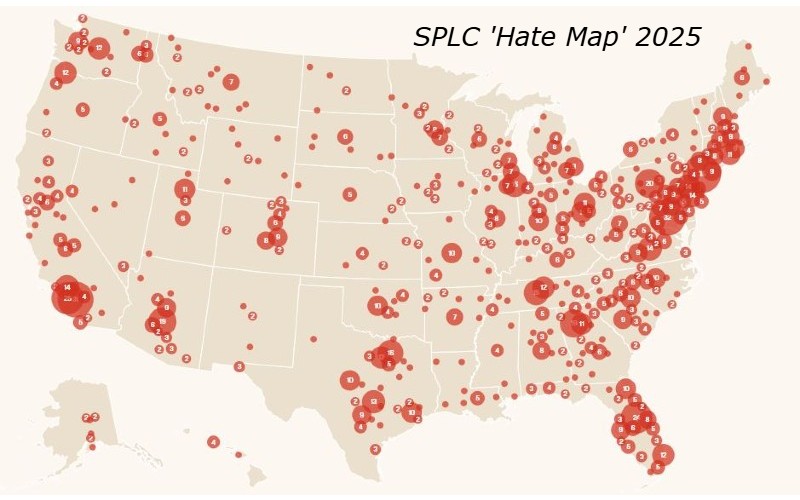As reported in The Wall Street Journal, there has been a drop in corporation support for Pride Month. Companies that have previously sponsored the New York City Pride March, such as Mastercard, PepsiCo, and Nissan, will not continue to do so this year. However, Mastercard did state that they will still participate in the march, even though they are not a sponsor.
Other Pride events have also been reported to have a loss in sponsorship.
The shift results in the Trump administration’s targeting of Diversity, Equity, and Inclusion programs and economic uncertainty due to Trump's tariffs.
 Companies that had once been afraid of not being affiliated with Pride because of cultural protest are now fearful of political backlash from being associated with Pride organizations, resulting in these companies requesting that their names and logos to be removed from official Pride merchandising.
Companies that had once been afraid of not being affiliated with Pride because of cultural protest are now fearful of political backlash from being associated with Pride organizations, resulting in these companies requesting that their names and logos to be removed from official Pride merchandising.
However, just because these corporations seem to be publicly silent on these issues does not mean that their support for this cause has been taken away.
In an Op-ed for Christian Post, Family Research Council President (FRC) Tony Perkins wrote that even though the pride flag has faltered, "there are still corporations using your dollars to raise it higher."
Perkins pointed to Target as one example, adding the retailer is "once again donating at the highest level -- $175,000 – to the NYC Pride event, but this year they're doing it as a silent sponsor, with no public attribution or signage.”
Target continues to support, albeit silently, despite the 61% plummet in stock that has resulted in the past five years after their campaign for gender-neutral dressing rooms and DEI activism.

Will Hild of Consumers' Research told AFN that corporations have been known to donate to a variety of causes in secret, due in part to pressure from liberal organizations.
"The way that these groups have worked in the past, they threatened these companies that if they didn't give to these organizations, they would attack them for being homophobic, transphobic, or bigoted," Hild told AFN. "Now, even though the heat is going back in the other direction and many of these companies are saying 'we cannot attach our brands to a specific agenda like this,' they're saying 'fine, but keep continuing to send us donations quietly', and if you don't, you'll get it from both sides."
Hild says local stores might also support causes with which consumers might disagree.
"This is what we saw when we went after State Farm when they were pushing transgender ideology on kids as young as five. What they were doing was encouraging their local representatives to donate these books to public schools and public libraries behind parents' backs, so that decentralized model is absolutely something that we see utilized sometimes."







